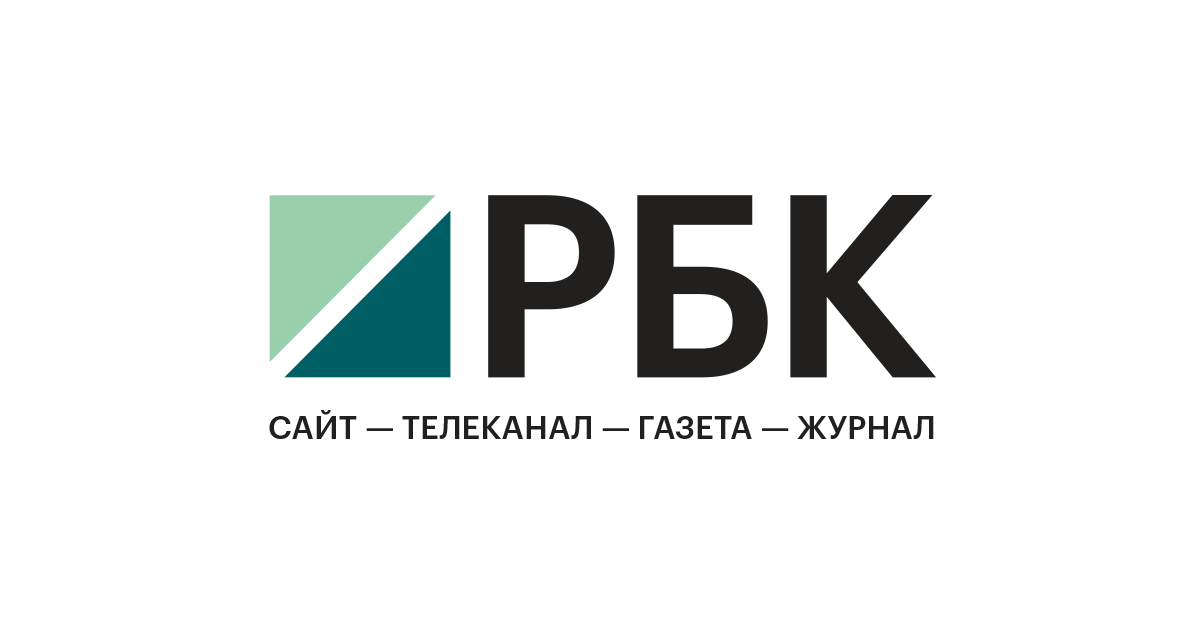The YouTube Saga: A Digital Tug-of-War in Russia
November 17, 2024, 3:56 pm

Location: United States, California, San Bruno
Employees: 10001+
Founded date: 2005
Total raised: $101.45M
The digital landscape in Russia is a battleground. The recent developments surrounding YouTube are a testament to this ongoing struggle. After months of uncertainty, users are reporting that YouTube is functioning again, albeit with a patchy connection. The platform, once a staple of online entertainment, has become a pawn in a larger game of political chess.
On November 15, 2024, a flicker of hope emerged for Russian users. Reports indicated that YouTube was operational without the throttling that had plagued it for months. Mobile internet users found themselves able to access the platform with relative ease. However, the situation remains complex. For many, the experience is still marred by limitations when using wired connections.
The service GlobalCheck, which monitors internet performance, confirmed that YouTube was accessible via mobile networks across Russia. Yet, some resources remain blocked. Google’s video domains are still off-limits, leaving users in a limbo of partial access. The reasons behind this inconsistency are murky. No official statements have clarified the situation, leaving users and providers alike in a state of confusion.
The backdrop to this drama is a series of complaints from the association "Ростелесеть," which represents over 200 regional internet providers. They have raised alarms about the uneven throttling of YouTube and other Google services. This inconsistency has led to a surge in user complaints directed at internet providers. The association argues that the throttling creates a competitive imbalance among operators, violating antitrust laws.
The tension escalated in August when YouTube’s performance plummeted. Reports indicated that the platform’s traffic had been halved, causing frustration among users. As complaints mounted, regional providers sought intervention from the Ministry of Digital Development and the Federal Antimonopoly Service (FAS). They demanded action against the perceived discrimination in service quality.
The Russian government has been tightening its grip on the internet. A law mandating the pre-installation of the Rustore app store on Apple devices is under consideration. This move aims to bolster local tech solutions but raises questions about compliance from international companies like Apple. The implications of such legislation could reshape the digital landscape in Russia, forcing foreign companies to adapt or withdraw.
In the midst of this chaos, the specter of a disconnected internet looms. Scheduled drills to test the disconnection of the Russian internet from the global network have sparked concern. While officials assure that these exercises are routine, the timing raises eyebrows. The drills, which have been ongoing since 2019, serve as a reminder of the fragile state of digital freedom in the country.
As users navigate this tumultuous terrain, the question of security looms large. A recent report from NordPass revealed the most common passwords used globally, with "123456" topping the list. This highlights a broader issue of digital security, especially in a climate where users are increasingly reliant on VPNs to bypass restrictions. The irony is palpable: in a bid to secure their access to information, users may be compromising their own security.
The YouTube saga is emblematic of a larger struggle for digital rights in Russia. The platform, once a beacon of free expression, is now ensnared in a web of regulations and restrictions. Users are caught in the crossfire, trying to access content while navigating a landscape fraught with obstacles.
The implications of these developments extend beyond entertainment. They touch on issues of freedom of speech, access to information, and the role of technology in society. As the government tightens its grip, the question remains: how much longer will users tolerate these restrictions?
The digital world is not just a playground; it’s a battleground. Each click, each video watched, is a statement of intent. Users are pushing back against the constraints imposed upon them. The resilience of the Russian internet community is commendable. They adapt, they innovate, and they find ways to reclaim their digital space.
In conclusion, the YouTube saga is far from over. The platform’s partial return is a glimmer of hope, but the road ahead is fraught with challenges. As users continue to navigate this complex landscape, one thing is clear: the fight for digital freedom in Russia is ongoing. The stakes are high, and the outcome remains uncertain. In this digital tug-of-war, every user is a player, and every video is a victory.
On November 15, 2024, a flicker of hope emerged for Russian users. Reports indicated that YouTube was operational without the throttling that had plagued it for months. Mobile internet users found themselves able to access the platform with relative ease. However, the situation remains complex. For many, the experience is still marred by limitations when using wired connections.
The service GlobalCheck, which monitors internet performance, confirmed that YouTube was accessible via mobile networks across Russia. Yet, some resources remain blocked. Google’s video domains are still off-limits, leaving users in a limbo of partial access. The reasons behind this inconsistency are murky. No official statements have clarified the situation, leaving users and providers alike in a state of confusion.
The backdrop to this drama is a series of complaints from the association "Ростелесеть," which represents over 200 regional internet providers. They have raised alarms about the uneven throttling of YouTube and other Google services. This inconsistency has led to a surge in user complaints directed at internet providers. The association argues that the throttling creates a competitive imbalance among operators, violating antitrust laws.
The tension escalated in August when YouTube’s performance plummeted. Reports indicated that the platform’s traffic had been halved, causing frustration among users. As complaints mounted, regional providers sought intervention from the Ministry of Digital Development and the Federal Antimonopoly Service (FAS). They demanded action against the perceived discrimination in service quality.
The Russian government has been tightening its grip on the internet. A law mandating the pre-installation of the Rustore app store on Apple devices is under consideration. This move aims to bolster local tech solutions but raises questions about compliance from international companies like Apple. The implications of such legislation could reshape the digital landscape in Russia, forcing foreign companies to adapt or withdraw.
In the midst of this chaos, the specter of a disconnected internet looms. Scheduled drills to test the disconnection of the Russian internet from the global network have sparked concern. While officials assure that these exercises are routine, the timing raises eyebrows. The drills, which have been ongoing since 2019, serve as a reminder of the fragile state of digital freedom in the country.
As users navigate this tumultuous terrain, the question of security looms large. A recent report from NordPass revealed the most common passwords used globally, with "123456" topping the list. This highlights a broader issue of digital security, especially in a climate where users are increasingly reliant on VPNs to bypass restrictions. The irony is palpable: in a bid to secure their access to information, users may be compromising their own security.
The YouTube saga is emblematic of a larger struggle for digital rights in Russia. The platform, once a beacon of free expression, is now ensnared in a web of regulations and restrictions. Users are caught in the crossfire, trying to access content while navigating a landscape fraught with obstacles.
The implications of these developments extend beyond entertainment. They touch on issues of freedom of speech, access to information, and the role of technology in society. As the government tightens its grip, the question remains: how much longer will users tolerate these restrictions?
The digital world is not just a playground; it’s a battleground. Each click, each video watched, is a statement of intent. Users are pushing back against the constraints imposed upon them. The resilience of the Russian internet community is commendable. They adapt, they innovate, and they find ways to reclaim their digital space.
In conclusion, the YouTube saga is far from over. The platform’s partial return is a glimmer of hope, but the road ahead is fraught with challenges. As users continue to navigate this complex landscape, one thing is clear: the fight for digital freedom in Russia is ongoing. The stakes are high, and the outcome remains uncertain. In this digital tug-of-war, every user is a player, and every video is a victory.

